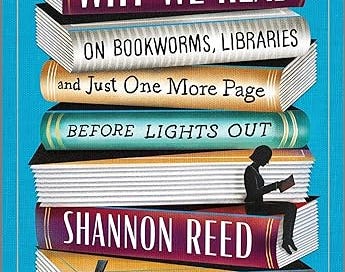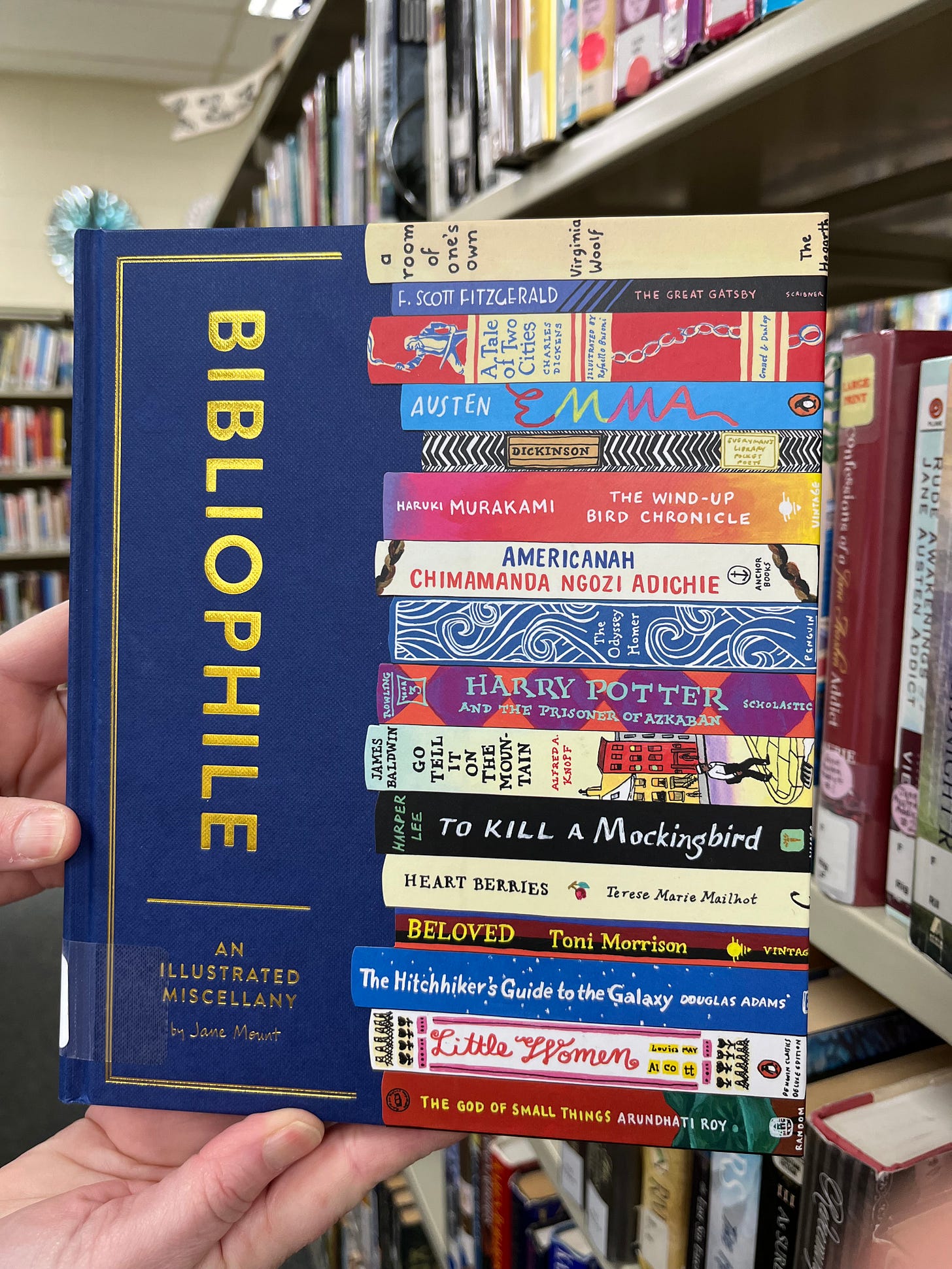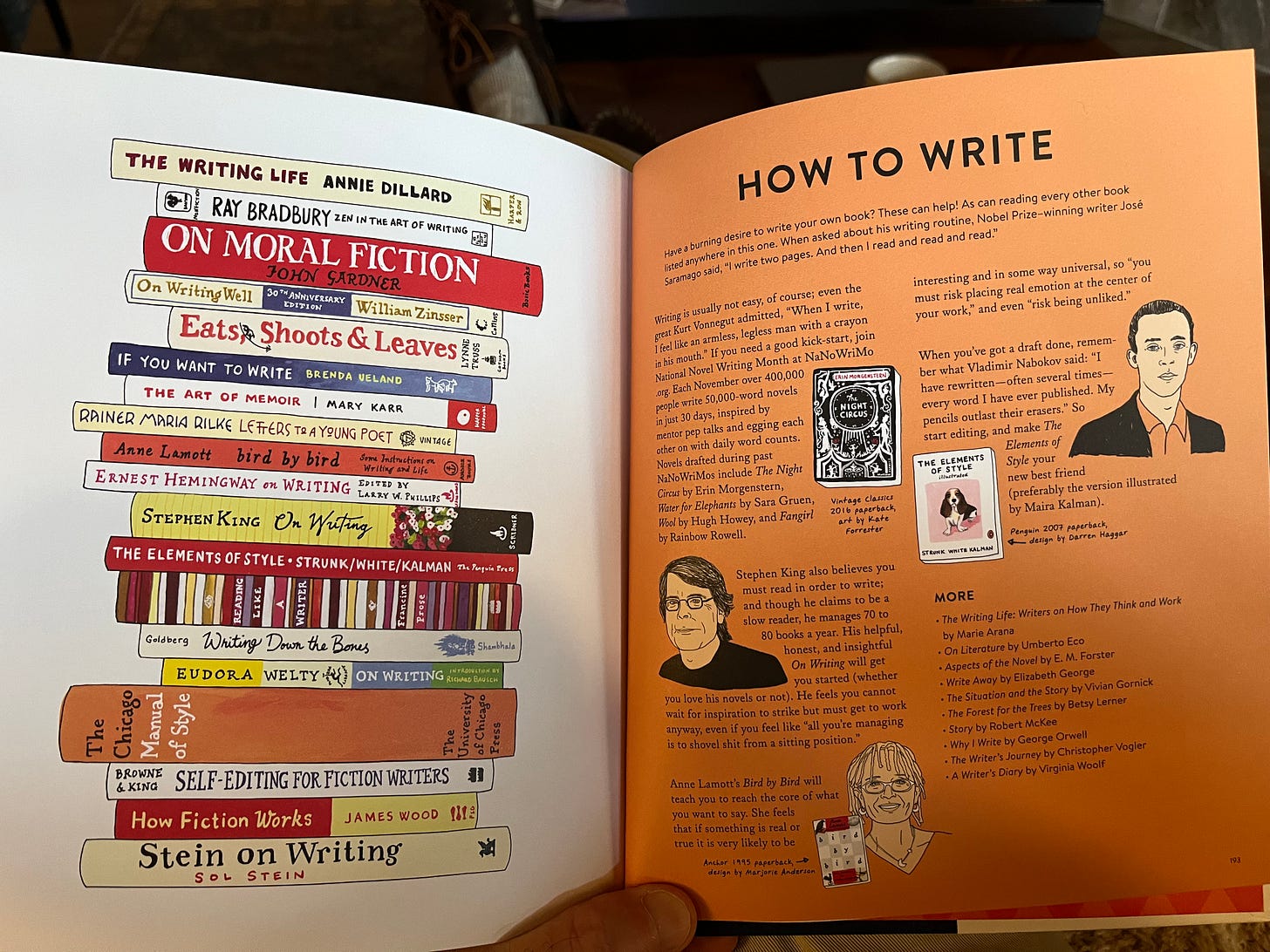What makes a book compelling? Join me in developing our “Eyes and Ears” for finding compelling stories.
Once in a while, it’s worth asking ourselves, Why Read? simply because it’ll help find compelling stories if we know what we’re looking for in the first place.
Because there is already a good book titled Why We Read, by Shannon Reed, I won’t rehash her points. Reed, an obvious bibliophile, lists several dozen reasons why we read, such as learning from history and feeling less lonely.
As a bonus, once we have a few answers and we’re armed with better tools to find compelling stories, maybe we’ll PUSH OURSELVES beyond what we’re normally comfortable with. And discover exquisite reading treasures.
We begin with a trailer:
In a World awash with movies and live sports and news and social media and other entertainments, one small group battles against all the odds and the predictions that Books are Dead . . . .
It’s a known fact that most of us don’t bother reading books. There are easier ways to entertain ourselves. For those small number of us who read, why the heck do we allocate so much attention and engagement when we could watch a show? Or scroll ad-filled social media, or catching up on much-needed sleep, or doing house chores or bustling kids off somewhere or grocery shopping? Or we’ve already read enough at our daily jobs and don’t want to read anymore. After all that, who has time and energy to read books?
Movies and their like are one reason many have predicted the Death of the Book, especially the novel. Movies are particularly well suited to telling us, highly visual creatures, stories. Via a movie, we learn with little effort how a character looks and sounds, what they wear, the scenes of the story. We allow ourselves to be drawn into the mood by background music. Books require work on our part to tease these elements out.
When she was young, one of my daughters angrily renounced the books we kept pushing her way, “I don’t like to read!” She didn’t like the hard effort, preferred watching TV. She unknowingly represented the vast majority of people, the nonreaders.
Yet movies can’t successfully take us into the heads of characters and reveal what unspoken things they’re thinking. Books convey us to places where no other art form can. In Eleanor Catton’s Birnam Wood, Shelly, the long-suffering number 2 in a failing environmental group, can’t stand it anymore, yet can’t muster the courage to tell her stronger boss she wants to quit. Unlike a movie, We follow her thoughts as she concocts a hilarious exit strategy.
Movies that stream over half a dozen episodes or more are getting better, giving books a closer run. The recent Ripley on Netflix is an example of a slow developing story that allows the viewer to see a con artist hone his skills from bumbling to sharp-edged. The camera pauses on Tom Ripley’s face as he thinks how to get out of a fix, but there’s no narration from inside his head. In movies, narration kills the vibe. We miss the weighing of his options, the reasons he is the way he is and while we’re entertained, we’re left with an ultimately shallower character. We know he’s bad, but are unsure how and why.
We crave stories about others because we are, by virtue of our large brains, unique among mammals and able to communicate with one another. Our ability to communicate comes hand-in-hand with an infinite curiosity of other people. Do they like me? Do they return my attraction? Are they better off than me and how’d they’d get there? Are they worse off and, some may ask, how can I help?
Sure, books entertain. But they go beyond by allowing us to engage with, and learn about, the world around us. We read nonfiction to learn hard facts. Why is the Icelandic Svartsengi volcano currently erupting? We read novels and narratives to learn about how people cope with an erupting volcano. How about dealing with a broken marriage, or loss of a loved one? What’s it like to live in an interesting place like Morocco? How did people live in the South before air conditioning? These questions relate to environmental catastrophes, relationships, settings, history; books deepen our understanding of how to live life under a variety of situations, some of which we hope to never see in reality. Those we do encounter we’ll handle better prepared having read books.
It’s just a question of how deep we want to go. Do we want enjoy things blowing up, good guys struggling to take out the bad, the stories we grow up with? After so many of those, we become desensitized to explosions—we’re not feeling the shrapnel pierce our bodies after all. Or do we want to go further into what makes people tick? Want to know why a woman who has it all, loving husband, kids, good job, yet builds a second family hidden from the first? If you want to know what makes a woman like that tick, dive into Katie Gutierrez's More Than You'll Ever Know.
Our nonreader daughter? Like our other daughters, she now enjoys reading and especially novels. In fact, reading is one reason they’re all fiercely independent. Which, frankly, is annoying when they don’t agree with their father. I can’t be any prouder.
Watch a movie to be entertained. Read a book to engage with the world around us and hone our thinking skills.
You’ve heard from me. I want to know: Why do you read?
A couple of closing notes.
First, bibliophiles will love Jane Mount's Bibliophile, chock full of illustrated book spines.
Second, don’t just read. Engage by talking about what you’ve read. Social media is a place where you can post and things get lost. Here on TBW, if you talk about a book, you’ll get my attention and a response. Doesn’t matter if it’s not one I’ve reviewed.
All the Best,
Geoff
If you enjoyed this post, please hit the heart “❤️” so others can find it. It’s at the bottom and at the top.







I'm not much of a fiction reader, but a movie once made me go read the book - The Hunt for Red October, and was the first Tom Clancy novel I read. It was the detail in the book, that, with my defense contractor background, insights on how an analyst thinks, putting together facts and hunches, made it so attractive. I went on to read many other of his books. The reverse happened, when a couple of years after reading Patriot Games, we saw the movie. I was so disappointed realizing how as the producers had to compress everything into a 90 minute movie, much was left out. I could appreciate the enjoyment of a novel. My reading these days is still non-fiction. My last book I bought was one on grounding your ham radio shack. How exciting!
Nope, we kept close watch